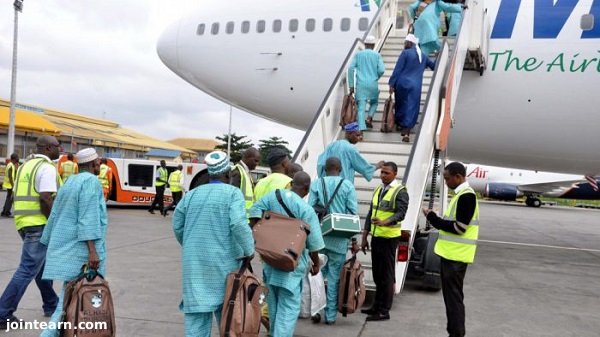
The Chairman of Oyo State Pilgrims Welfare Board (Muslim Wing), Sheikh Hashim Atere, has confirmed that the state’s batch of pilgrims for the 2026 Hajj will take off from the upgraded Ladoke Akintola International Airport, Ibadan.
Speaking to journalists in Ibadan, Sheikh Atere cited the successful landing and takeoff of the wide-bodied aircraft that conveyed President Bola Ahmed Tinubu during the coronation of the Olubadan, Oba Rasidi Adewolu Ladoja, in September as proof that the airport is fully equipped to handle large aircraft.
He added, “The Ministry of Aviation and Aerospace Development inspected the airport twice before the President’s visit and were satisfied with the facilities. Everything is now set for our pilgrims, and there should be no hindrance to their departure for the 2026 Hajj.”
Sheikh Atere expressed gratitude to Governor Seyi Makinde for his continued support, which he said has contributed to the board’s accolades and achievements.
The chairman assured intending pilgrims that the board is committed to making the 2026 pilgrimage smoother and more successful than previous editions. He also reminded pilgrims to meet the December 5 payment deadline, as no extensions will be granted.


Leave a Reply